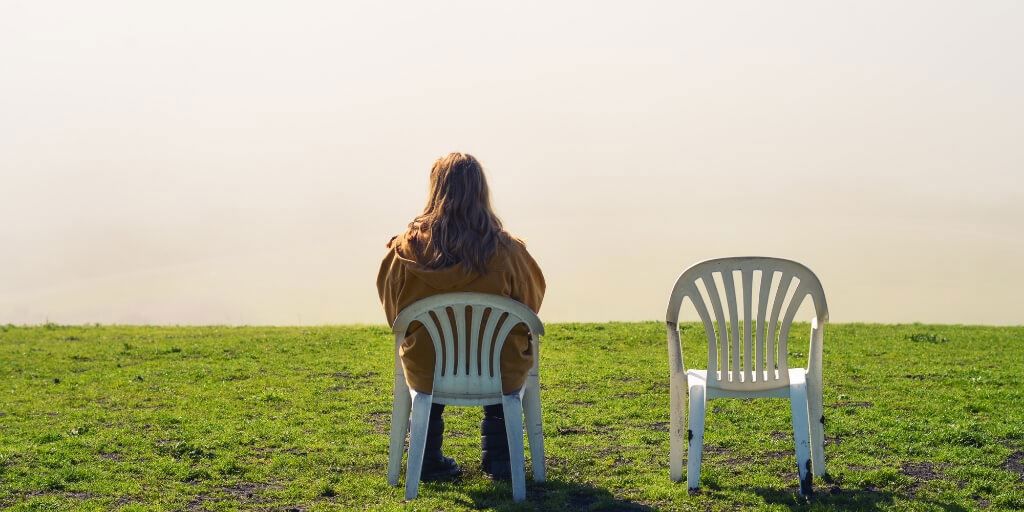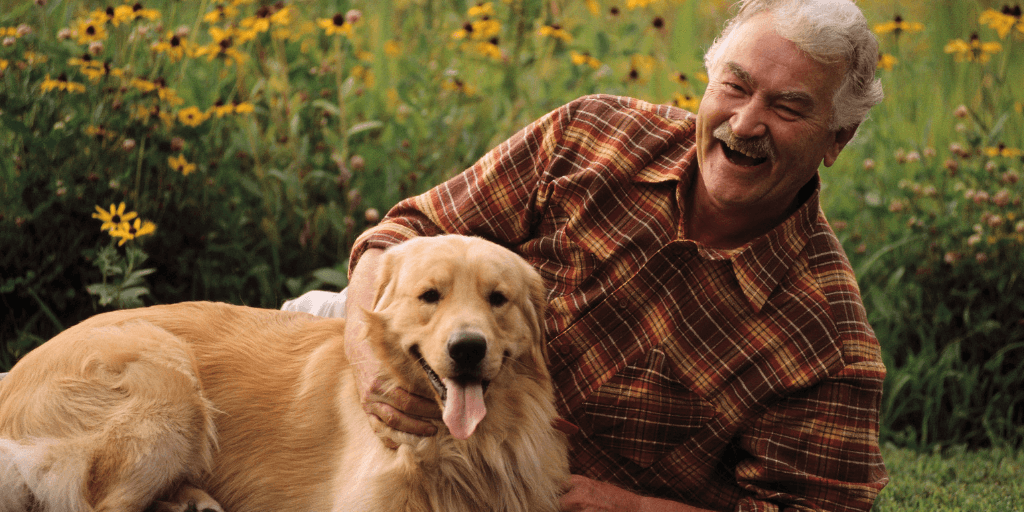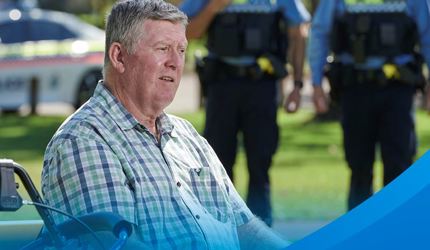
One of the loneliest times for older people is after the death of a spouse or long-term partner. The transition to single living often comes with trepidation about how they’ll manage on their own. If you are faced with living independently and feeling lonely – or you’re worried about a loved one living alone after the death of a spouse – read on for practical tips to making the transition.
Fear of the unknown
Loneliness is a core experience of grief, one that is linked to extreme difficulties in adjusting to the loss of a spouse or a close person. Grieving spouses may be doubting their own ability to cope with chores their spouse performed. They may dread the possibility of holiday loneliness.
Engagement Coordinator Home Care Clare Little helps people who are new to home care learn about the services and entitlements in a home care package.
“For a lot of these older people, their sense of self is as a couple. They may have been together 50 or 60 years, so they’re trying to navigate their life now as a single person and that is quite a daunting process,” Clare said.
“The first thing is to help them understand they can get assistance with everyday things.
“We let them know it’s okay to ask for help.”
Starting slowly is a good way to help people make the transition. Initially using one or two services lets people get used to the idea of having carers in their home and eases them into the benefits of home care. Recommend getting help with chores that may take a long time or are physically demanding.
“It can be things like changing their bed or doing the mopping that might take them five hours to complete,” Clare said.
“We suggest that’s something that can be done for them – they don’t need to get so tired out.”
In many cases, older people are worried about cost and may be unaware of the kinds of care available to them. They may even look at help as a kind of charity. Reminding older people they are entitled to services is a good way to get around resistance to home services.
“There is help available so they can live independently. This is what they’re afraid of, is being placed in a care home,” Clare said.
“We advise them we want to do everything we can to avoid that, so let us help you.
“These packages are designed to give them independence, so they don’t have to worry about things like climbing on the roof to clean gutters or washing windows.”
Letting people know they have choices about their services is another important part of easing the fear of accepting in-home care.
“We explain the home care packages are flexible,” Clare said.
“They are not locked into anything. It’s about their choices and what they want to do. They can change when they want.”

Fear of social isolation
Living in isolation with little support can be dangerous as we get older. High-quality social connections are essential to our mental and physical health and our wellbeing. In addition to emphasising help for in-home chores and personal care, Clare said it’s also important to get older people out in their community and keep in touch with their friends and family to ward off loneliness.
“Social support carers are available in home care packages to sit down and have chat, play a game, or play cards,” Clare said.
“We have some clients that we take to the beach. Others we take shopping and for a coffee. It could be a trip to Bunnings – it depends on what they wish to do.”
Community activities can be built into a home care package, including transportation and activity fees. If older people are already part of a social club or organisation, they can get support to continue staying involved.
Fear of being a burden to family
Many older people are afraid they will become a burden to their family after their spouse dies. A home care package can help prevent this.
“They also assist families so they don’t experience the burden and pressure they may be feeling because they’re not able to be there all the time,” Clare said.
“Families have peace of mind that someone is checking in on their loved one every day.
According to Clare, the real benefit to older people and their families is an increase in quality time.
“Families are busy and older people know that,” Clare said.
“With a home care package, family visits can be more enjoyable. They can spend time socialising and maybe going out for lunch instead of doing the washing, the cleaning or the gardening.”
It’s natural when older people feel lonely after losing a spouse, but home care packages can help ease the transition to living independently. Your loved ones may need convincing to accept help, so it’s important to frame home care services as a way to retain independence.
If you would like to explore the home care options available for you or a loved one, give us a call on 1300 223 968 or email welcome@brightwatergroup.com.



